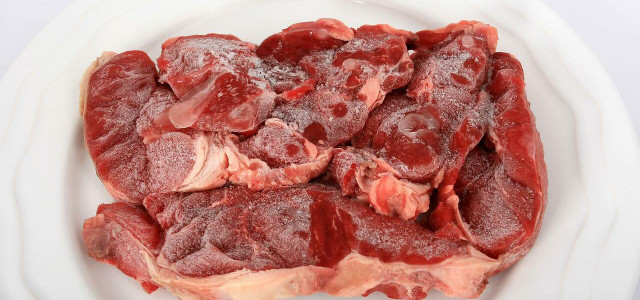How long does meat last in the freezer? It's worth finding out. Rather than wasting food, read below to see if your freezer contents are suitable for your next meal.
If you’ve stumbled across a bulk sale of frozen meat, you may be wondering how long meat lasts in the freezer. According to the USDA, any frozen food (plant or meat-based) can last in the freezer indefinitely and still be safe to eat when thawed. This is because freezing deactivates bacterial activity until the food is thawed again – meaning storage guidelines for frozen foods are in place to maintain the quality of the food in question. Although it varies for different types of food, the longer it stays in a freezer, the more the taste, texture, and appearance will degrade until it becomes unpalatable. Here are some tips for keeping your frozen meat fresher longer:
- Use reusable freezer bags. These are stronger, larger, and usually have more air-tight seals.
- Squeeze out oxygen. Frozen food exposed to air will develop freezer burn quickly. If you store a lot of frozen food, you may want to invest in a vacuum sealer.
- Wrap meat in tin foil. This functions as another layer to prevent air reaching your food.
- Thaw in the fridge. Leaving frozen meat out at room temperature causes uneven thawing and will trigger bacterial activity faster than in the fridge.
Eat Meat Responsibly
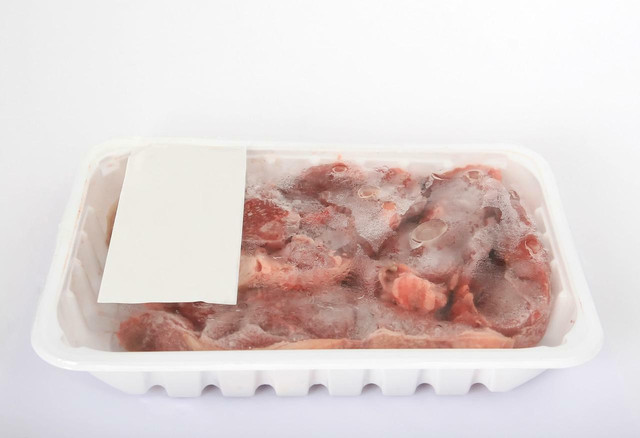
(Foto: CC0 / Pixabay / Shutterbug75)
It’s well established that meat consumption is worse for the environment than a plant-based diet. In fact, meat production uses up about 33 percent of all arable land and causes 70 percent of the world’s deforestation. Some of the benefits of going vegetarian include lower water use, land use, and emissions.
While a vegetarian or vegan diet isn’t for everyone there are a few other things you can do to be a more responsible meat eater:
- Rather than purchasing meat produced from factory farming, look for organic animal products or cage-free eggs.
- Add more vegetarian protein your diet and try some vegan recipes.
- Go flexitarian: rather than cutting out all animal products, phase out only certain meat, try Meatless Mondays, or challenge yourself with a longer amount of time like Veganuary.
- Eating meat on hand is always better than tossing it and contributing to food waste.
- Even if that defrosted chicken breast tastes like shoe leather, consider composting meat instead of simply tossing it.
Freezing Processed Meat



(Foto: CC0 / Pixabay / congerdesign)
Regardless of which animal the meat came from, cooked and processed meats all have the shortest shelf life. Hot dogs, cooked or raw sausages, cold cuts, luncheon meats, bacon, cooked ham, and corned beef all last approximately one or two months in the freezer.
Freezing Ground Meat
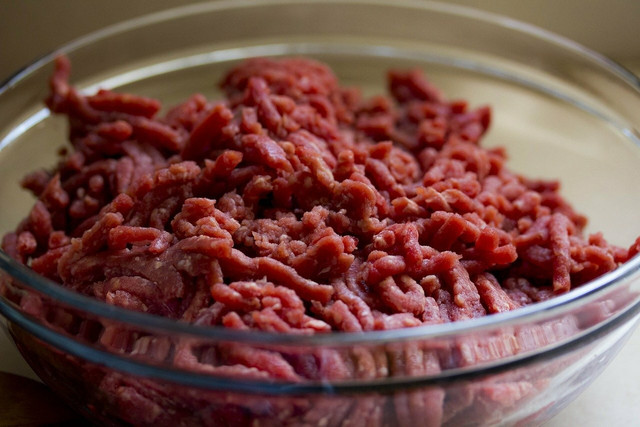


(Foto: CC0 / Pixabay / Pexels)
Like processed meats, ground meat and organ meat (offal or giblets) all have the same shelf life regardless of the source: three to four months. Practicing nose to tail eating is also a great way to avoid wasting the “less desirable” cuts of meat such as tongue, liver, or tripe.
How Long Does Meat Last In The Freezer: Poultry
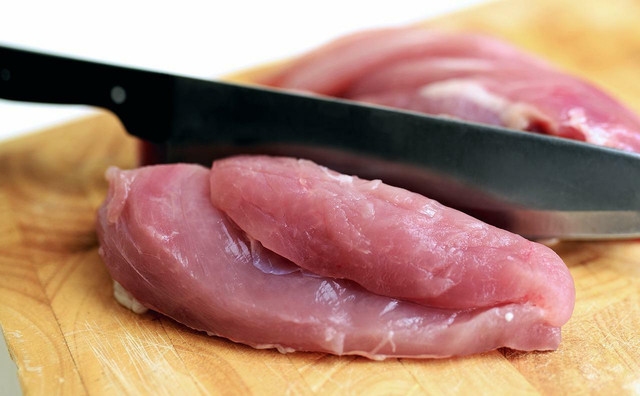


(Foto: CC0 / Pixabay / congerdesign)
Poultry such as chicken, turkey, duck, goose, all last the longest in the refrigerator, however this depends on the cut. Poultry pieces (breast, wing, leg, thigh) will last in the freezer around nine months, while a whole bird can last as long as one year. Good news if you want to save that clearance Thanksgiving turkey for next year.
Red Meat in the Freezer
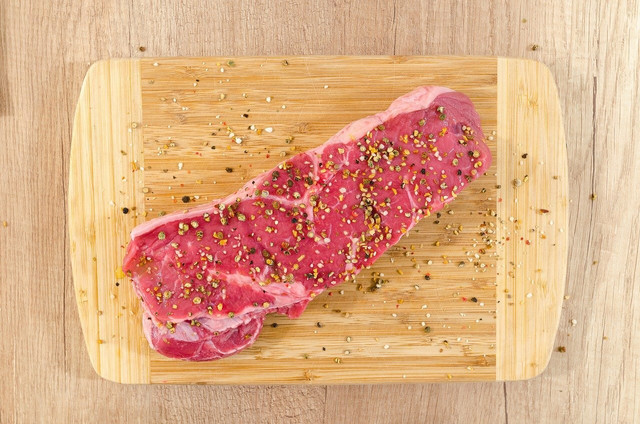


(Foto: CC0 / Pixabay / Goumbik)
Fresh cuts of red meat like beef, pork, veal, lamb, mutton, goat, can all be frozen for between four to twelve months depending on the specific cut. Pork or lamb chops usually last four to six months, while steaks will last six to twelve months.
Frozen Seafood
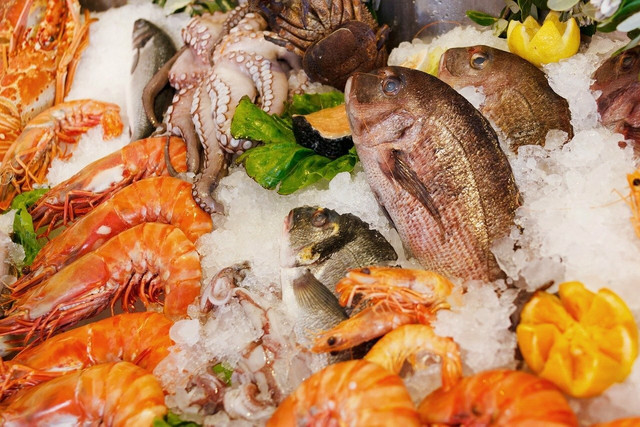


(Foto: CC0 / Pixabay / PublicDomainPictures)
Since seafood is so variable, fish, crustaceans, and shellfish all require different freezer care.
- Fresh fatty fish such as tuna, salmon, catfish, or mackerel can only last two to three months.
- Lean fish including tilapia, cod, trout, and pollock, can last longer at four to eight months.
- Meat from crabs, lobsters, and shellfish (oysters, clams, mussels, and scallops) can last two to four months.
- Shrimp, crayfish, squid, and octopus can last in the freezer three to six months.
Read more:
- These 6 Foods are the Worst for the Environment
- How to Defrost Your Freezer – Safe & Easy
- 8 Foods That Don’t Belong in the Freezer
Do you like this post?






